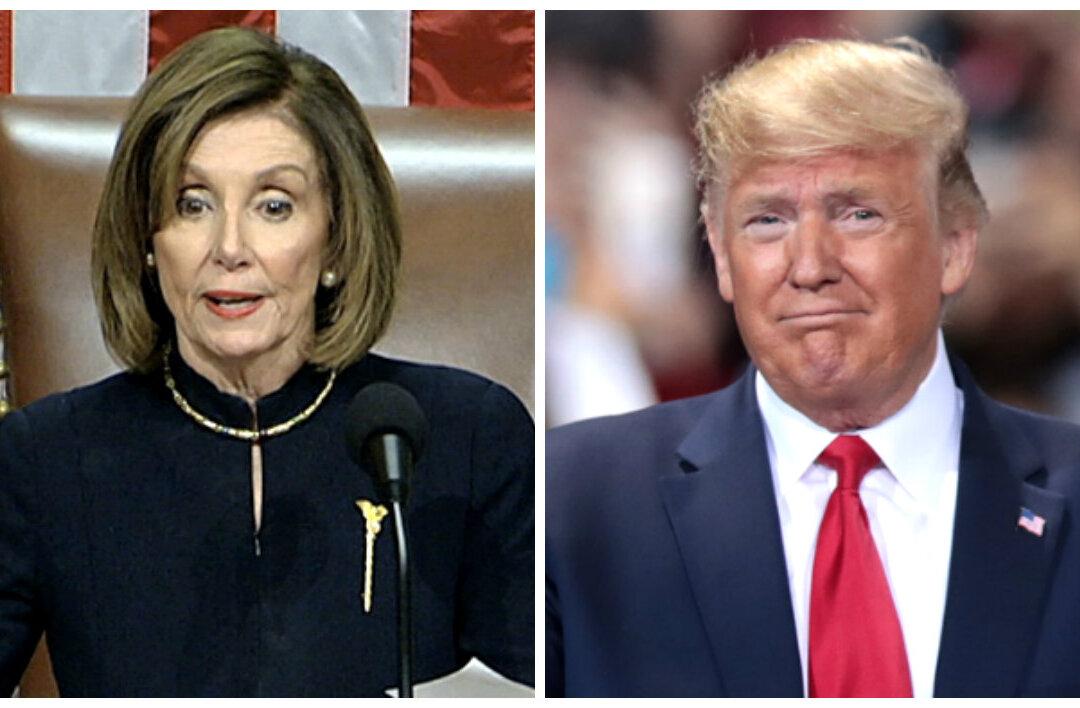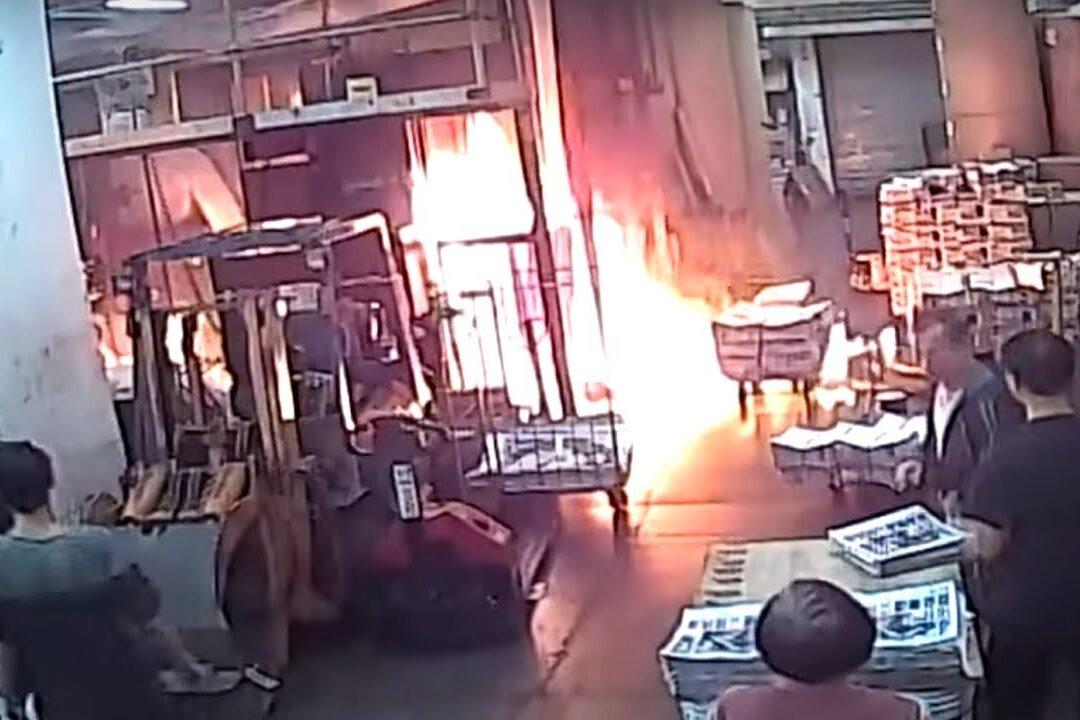WASHINGTON—Dianna de la Garza, the mother of Demi Lovato, is teaming up with former Fox News host and current host of CRTV’s “America“ Eric Bolling to bring awareness to the U.S. opioid epidemic.
In September 2017, Bolling lost his only son, Eric Chase, to an overdose after Chase took a Xanax pill he bought on campus that was laced with fentanyl and cocaine. Chase was a sophomore at the University of Colorado.





